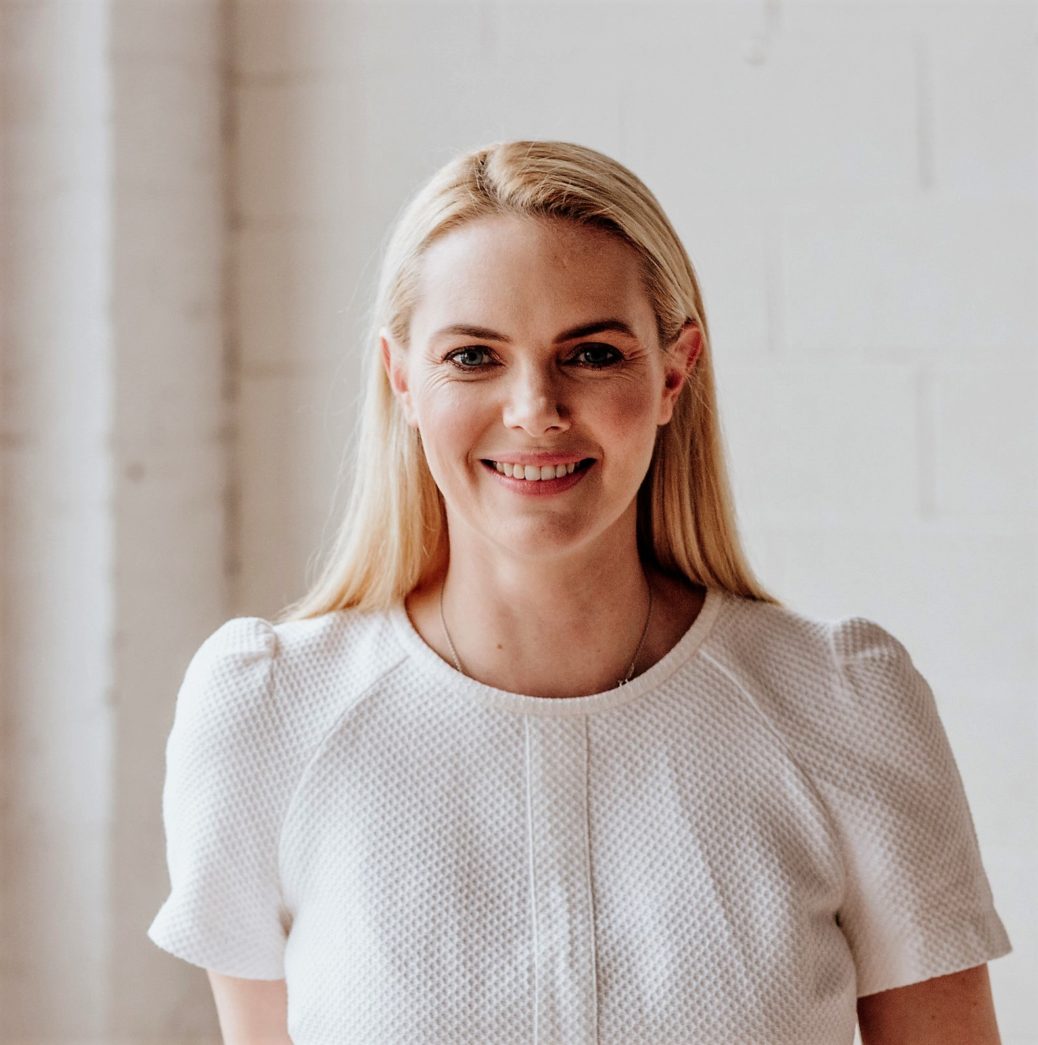“Resentment is like taking poison and waiting for the other person to die” -Malachy McCourt.
You may have heard this quote before, or a variation of it. This idea is simple and logical. However, applying it in everyday life can be extremely challenging.
Divorce can bring up feelings of hurt, resentment, anger and bitterness. And these emotions can linger long after the legal matters are resolved.
So what do you do to heal and truly move on? Here are a few ideas to consider:
Feel your feelings
Emotions are a part of being human. Judging your emotions as “wrong” or “right” is something many of us are taught from when we are very young. The reality is that denying your emotions or avoiding them (often with self-destructive behaviours like alcohol consumption and emotional eating) doesn’t make them go away. Recognising it is OK to feel the way you do and, as difficult as it might sound, feeling into the emotion, can be the fastest way to move through it. But at the same time you don’t want to get stuck there for too long – because let’s face it – it feels crappy.
Be willing to do the internal work
You may be entirely justified in feeling the way you do. Let down by your ex and the system. You can’t change the past and you can’t change people. However you do have choices and you are in control of your next move. You can decide whether to remain stuck, or to take action to heal and move on. Sometimes the work can be confronting and hard, but most things in life what are worthwhile usually are. It is a brave step to recognise you aren’t moving on as you would like and reach out for help.
Seek professional support
Seeking the help of a psychologist, counsellor or divorce coach is still, sadly, regarded by some people as self-indulgent and others as mark of failure or weakness. In reality, it is incredibly brave and courageous to recognise you need help, to acknowledge you could learn more and to demonstrate a willingness to show up to do the work to be the best version of yourself. Like many skills in life (parenting being another obvious example) we often miss out on being taught how to deal with difficult feelings. The good news, it’s never too late to learn skills in handling difficult emotions and thoughts and managing stress. An added benefit of acquiring these skills is that you can share them with your children, to support them as they navigate tough situations and emotions.
Draw on resources available to support your healing
If you aren’t able to afford one on one professional help, there is a growing body of resources in the divorce space around healing and moving on. Books, blogs and podcasts offer both professional and personal perspectives which you can learn from and apply to your own journey.
About the contributor: Prudence Henschke is a divorce lawyer and break-up coach. She can be found through the following ways:
https://www.prudencehenschke.com
Facebook: https://www.facebook.com/prudencehenschkedivorcecoach/
Instagram: https://www.instagram.com/prudencehenschke


